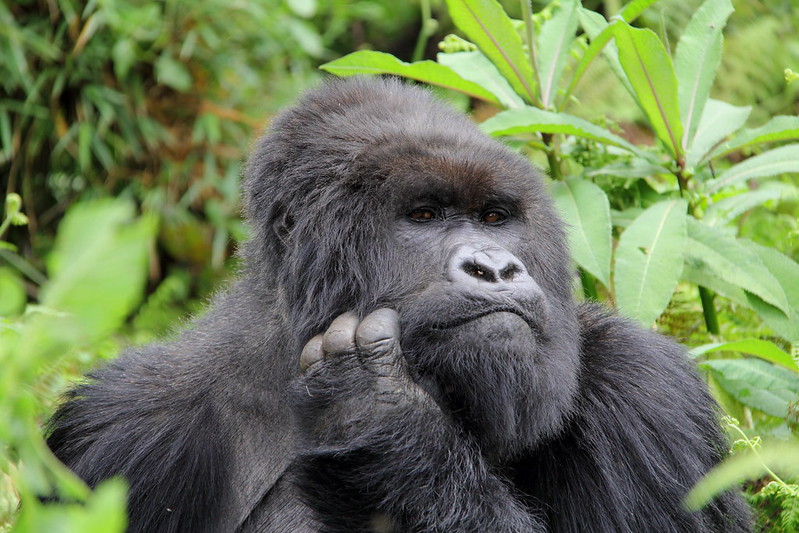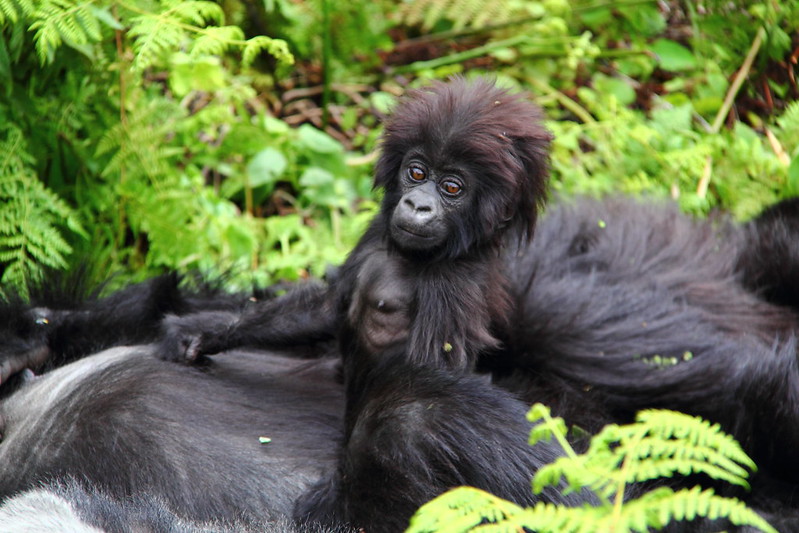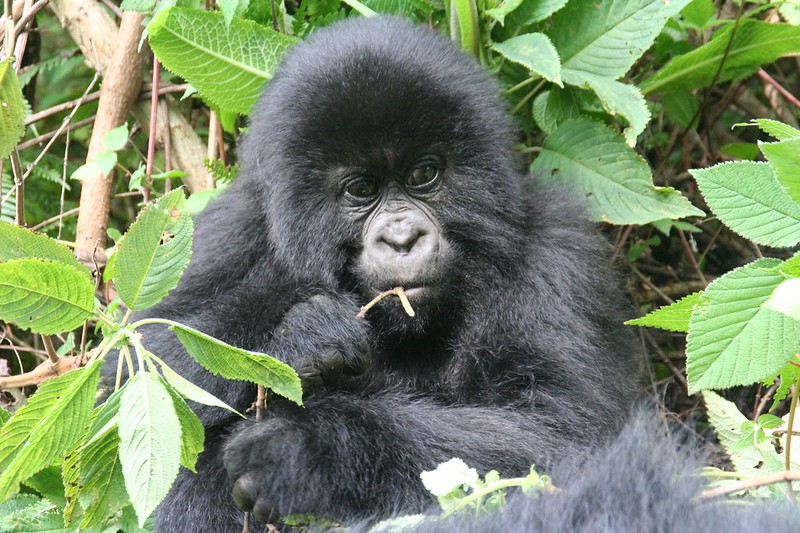Is gorilla trekking expensive? Gorilla trekking is one of the most sought-after wildlife experiences in…
Is Rwanda Poorer Than Nigeria?
Is Rwanda Poorer Than Nigeria?
When comparing countries in terms of economic development and wealth, it’s essential to consider multiple factors beyond just GDP figures. Rwanda and Nigeria are two African nations with contrasting histories, economies, and development trajectories. While both countries have experienced challenges, their approaches to economic growth and poverty alleviation differ significantly.
In this article, we’ll delve into the question: Is Rwanda poorer than Nigeria? We’ll compare their economies using GDP, income levels, poverty rates, infrastructure, and overall development.
Overview of Rwanda and Nigeria
Rwanda: The Rising Phoenix
Rwanda, often called the Land of a Thousand Hills, has become a symbol of resilience and recovery. After the devastating 1994 genocide, Rwanda rebuilt itself with remarkable speed. Today, it is celebrated for its clean cities, good governance, and innovative development policies.
- Population: 13.4 million (2023 estimate).
- Economy: Predominantly agricultural but rapidly diversifying into services and technology.
- Government Focus: Strong emphasis on governance, infrastructure, and sustainable development.
Nigeria: Africa’s Giant
Nigeria, the most populous country in Africa, is known as the Giant of Africa due to its size and economic influence. With vast natural resources, particularly oil, Nigeria wields significant economic clout. However, it faces persistent challenges, including corruption, poor infrastructure, and regional instability.
- Population: 223 million (2023 estimate).
- Economy: Largely dependent on oil exports, alongside agriculture and a growing tech industry.
- Government Focus: Balancing economic diversification with tackling poverty and insecurity.
Comparing Economic Indicators
1. GDP (Gross Domestic Product)
- Nigeria:
Nigeria’s economy is the largest in Africa, with a nominal GDP of $477 billion (2023). It benefits significantly from oil exports, which account for a substantial portion of its revenue. - Rwanda:
Rwanda’s nominal GDP stands at approximately $14 billion (2023). While much smaller than Nigeria’s, Rwanda’s economy has grown consistently, averaging 6-8% annual GDP growth in recent years.
Nigeria has a much larger GDP, making it the wealthier country in absolute terms.
![]()
2. GDP Per Capita
GDP per capita measures the average economic output per person, providing a clearer picture of individual prosperity.
- Nigeria:
Nigeria’s GDP per capita is approximately $2,100. This figure reflects disparities in wealth distribution, as a significant portion of the population lives in poverty. - Rwanda:
Rwanda’s GDP per capita is around $1,000, indicating a smaller economy per person. However, Rwanda has made strides in reducing poverty and improving living standards.
Nigeria’s GDP per capita is higher, but Rwanda’s income distribution and quality of governance help alleviate poverty more effectively.
3. Poverty Rates
Poverty rates reveal the proportion of the population living below the national or international poverty line.
- Nigeria:
Over 40% of Nigerians live below the poverty line, with rural areas experiencing higher rates of deprivation. Despite being resource-rich, Nigeria’s wealth inequality is a major issue. - Rwanda:
Rwanda has made significant progress in reducing poverty, with about 38% of the population living below the poverty line. This figure continues to improve due to targeted government policies and investments in health, education, and infrastructure.
Rwanda has slightly lower poverty rates and a more consistent approach to poverty alleviation.
4. Human Development Index (HDI)
The HDI measures a country’s achievements in health, education, and income.
- Nigeria:
Nigeria ranks 163rd out of 191 countries on the HDI (2023). The country struggles with poor access to education, healthcare, and infrastructure, especially in rural areas. - Rwanda:
Rwanda ranks 165th on the HDI. While its ranking is close to Nigeria’s, Rwanda’s steady improvements in life expectancy, education, and governance suggest a more positive trajectory.
Both countries face challenges, but Rwanda’s upward trend in development indicators is promising.
5. Governance and Corruption
Governance plays a critical role in a country’s economic health and poverty reduction.
- Nigeria:
Corruption remains a significant challenge in Nigeria, affecting the efficient allocation of resources and public services. Despite efforts to combat corruption, progress has been slow. - Rwanda:
Rwanda is widely praised for its clean governance and low corruption levels. President Paul Kagame’s administration has prioritized transparency, making Rwanda a favorable destination for foreign investment.
Rwanda outperforms Nigeria in governance and anti-corruption measures.
6. Infrastructure and Urban Development
- Nigeria:
Nigeria’s infrastructure is underdeveloped despite its vast resources. Frequent power outages, poor road networks, and overcrowded cities hinder economic growth. - Rwanda:
Rwanda has invested heavily in infrastructure, including clean energy, modern roads, and urban planning. Kigali, its capital, is often regarded as one of Africa’s cleanest and most organized cities.
Rwanda has made significant strides in infrastructure, while Nigeria continues to grapple with challenges.
7. Economic Diversification
- Nigeria:
Nigeria’s economy is heavily reliant on oil, making it vulnerable to global price fluctuations. While there are efforts to diversify into agriculture and technology, progress is slow. - Rwanda:
Rwanda’s economy is more diversified, with agriculture, tourism, and services playing key roles. The government actively promotes innovation and sustainability.
Verdict: Rwanda’s diversified economy is more resilient to global economic shocks compared to Nigeria’s oil-dependent model.
Social and Cultural Aspects
Economic wealth is not the sole determinant of a country’s prosperity. Social cohesion, safety, and cultural development also play crucial roles.
- Rwanda:
Rwanda has a strong sense of unity and national identity following its recovery from the 1994 genocide. The country’s low crime rate and clean cities enhance its livability. - Nigeria:
Nigeria is culturally vibrant and diverse, with over 250 ethnic groups. However, regional conflicts, high crime rates, and political instability impact social cohesion.
Rwanda is safer and more socially cohesive, while Nigeria offers unmatched cultural diversity.
In absolute economic terms, Nigeria is wealthier than Rwanda due to its larger GDP and population size. However, when we assess broader indicators such as governance, poverty alleviation, and infrastructure, Rwanda demonstrates significant advantages.
Summary of Key Points:
- Wealth (GDP): Nigeria leads with its larger economy.
- Poverty and Income Distribution: Rwanda performs better in reducing poverty and promoting equitable growth.
- Governance and Corruption: Rwanda excels with transparent governance and low corruption.
- Development Trajectory: Rwanda’s steady growth and focus on sustainability position it as a rising star.
Ultimately, whether Rwanda is considered “poorer” depends on the metrics you prioritize. While Nigeria remains an economic giant, Rwanda’s focus on human development and good governance makes it a compelling example of how a smaller nation can punch above its weight.


